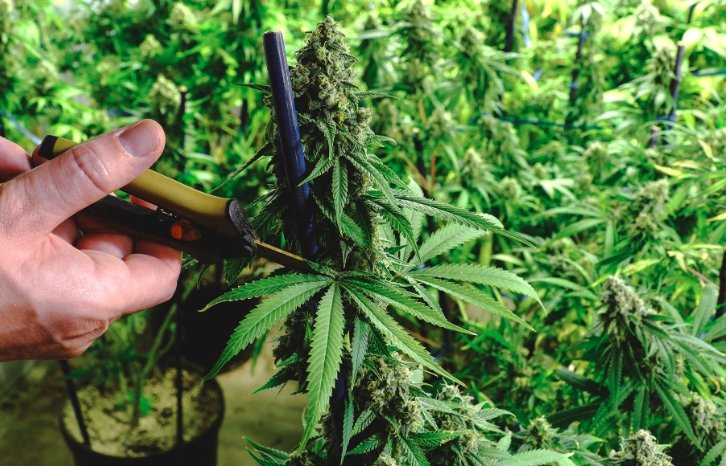A new draft bill introduced in the California Assembly last week could have major implications for the state’s cannabis and hemp industries. The bill, AB-2223, sponsored by Assemblymember Cecilia Aguiar-Curry, proposes to allow cannabis licensees to use hemp and its derivatives in their products, subject to strict regulatory oversight and standards. The bill also seeks to ban the use of synthetic cannabinoids and set new limits on THC levels in hemp products.
Hemp Products Could Enter the Cannabis Market
One of the key features of AB-2223 is an amendment to the state’s cannabis law, MAUCRSA, that would potentially allow cannabis operators to sell or incorporate products containing industrial hemp or its derivatives, such as CBD. This would create a new market opportunity for both sectors, as hemp products could benefit from the existing distribution and retail channels of the cannabis industry. However, the bill also requires the California Department of Public Health (CDPH) to establish regulations for the use of hemp in cannabis products by July 1, 2025. These regulations would ensure that hemp products comply with the same standards as cannabis products, such as testing, labeling, packaging, and track-and-trace requirements.
Synthetic Cannabinoids Would Be Prohibited
Another important aspect of AB-2223 is the prohibition of synthetic cannabinoids in cannabis products. The bill defines synthetic cannabinoids as any substance that has been converted from a hemp-derived cannabinoid, such as delta-9 THC, or any other substance that mimics the effects of cannabinoids. The bill aims to curb the proliferation of synthetically altered cannabinoids within the state, as they pose potential health and safety risks for consumers. The bill also prohibits retailers from selling products containing converted delta-9 THC, regardless of their source.

THC Levels in Hemp Products Would Be Limited
The bill also proposes new standards for hemp products, especially those intended for human consumption. The bill would require the CDPH to set serving size limitations and total THC caps for hemp products, to mitigate the psychoactive effects of THC. The bill also defines hemp dietary supplements, such as pills, tablets, and capsules, and hemp food and beverages, such as oils, extracts, and drinks. The bill would also establish labeling and packaging requirements for these products, to inform consumers of their ingredients and THC content.
The Bill Is Still Subject to Change
The draft bill is still very new and could undergo significant changes before becoming law. Some sections of the bill were even left blank by the drafters, such as the maximum amount of THC that would be allowed in hemp products. The bill will also face legislative debate and refinement, as well as possible opposition from some stakeholders in the cannabis and hemp sectors. The bill could represent a significant shift in California’s cannabis landscape, with potential industry-wide impacts.



